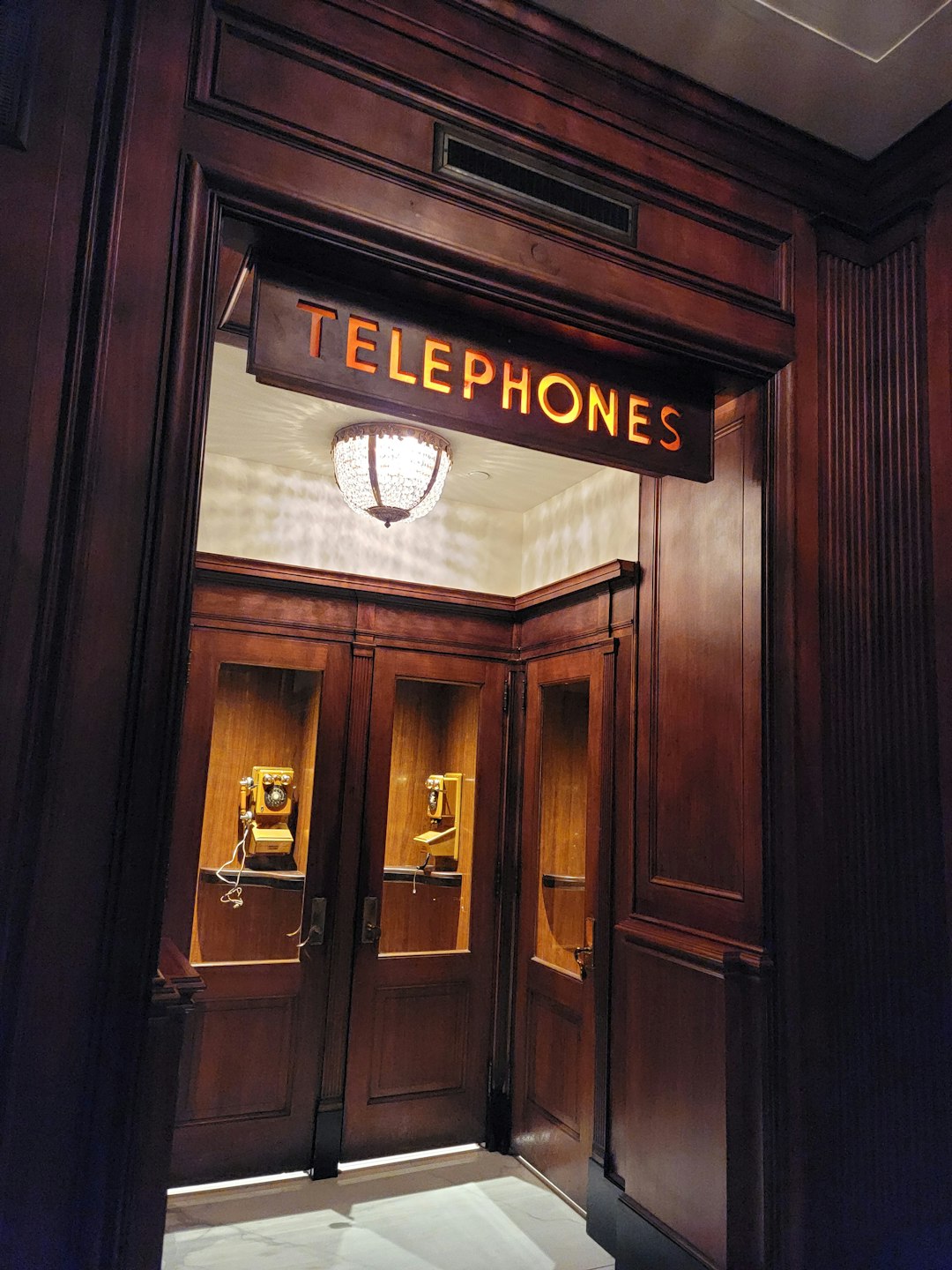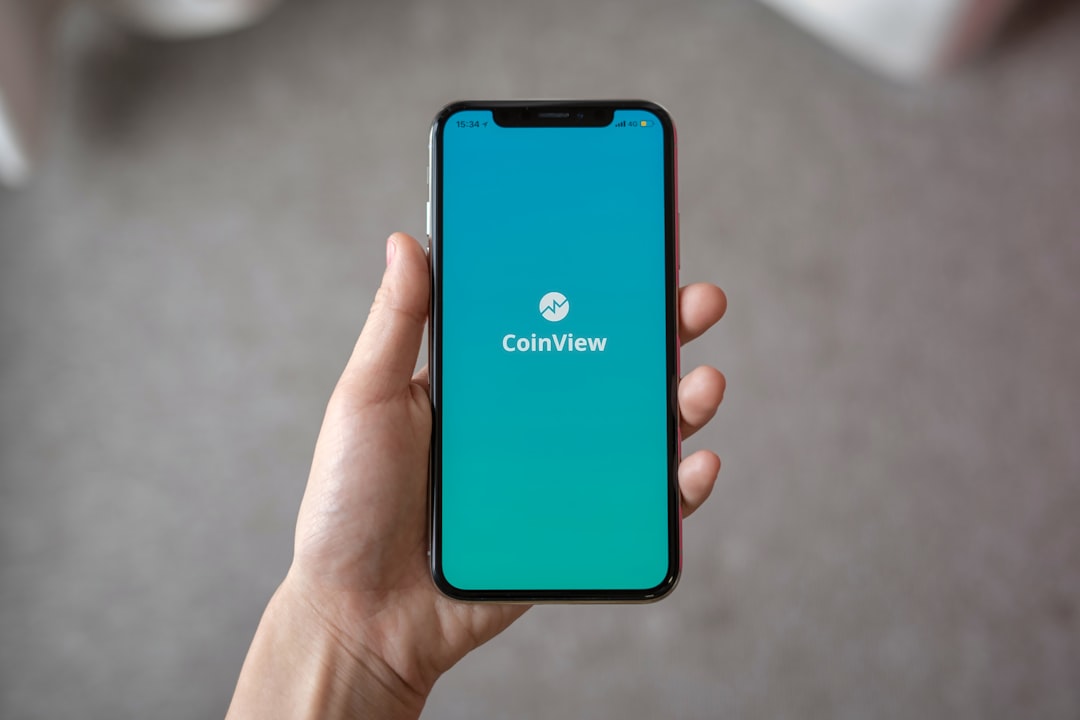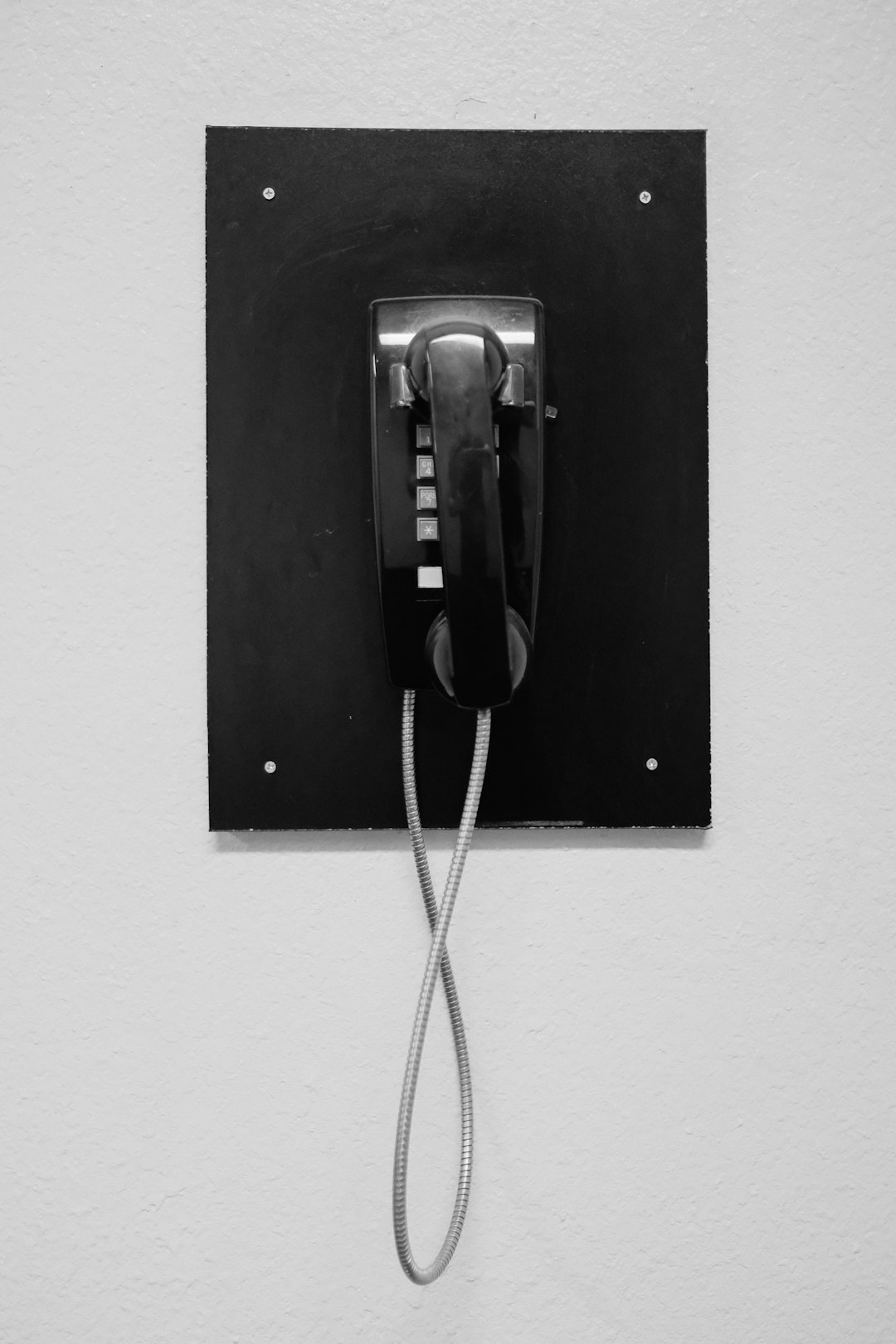In Nevada, spam and robocalls have become a significant issue, prompting legislative action through laws like Assembly Bill 465 to regulate automated telephone dialing systems (ATDS). The state's Attorney General's Office enforces these regulations, empowering residents to block unwanted calls. Consumers can report suspicious calls and consult specialized lawyers for guidance on their rights under Nevada's Telephone Consumer Protection Act (TCPA), which mirrors federal regulations. Advanced filtering technologies and call authentication protocols, combined with legal expertise, are crucial in reducing spam calls and holding offenders accountable. Legal action against violators incurs substantial penalties, protecting consumers from harassment and ensuring their communication channels remain secure.
In Nevada, spam and robocalls have become a ubiquitous nuisance, but state laws offer protection. This article delves into the legal landscape surrounding these unwanted communications, exploring consumer rights and Nevada’s robust regulations against automated telemarketing. We discuss effective blocking strategies, from technical solutions to the role of legal action. If you’re overwhelmed by robocalls, understanding when to consult a lawyer for robocall issues in Nevada could be key to reclaiming your communication channels.
Understanding Spam and Robocalls in Nevada: A Legal Perspective

In Nevada, as in many parts of the country, spam and robocalls have become a persistent issue, leading residents to seek effective solutions. These unwanted communication methods, often involving mass automated calls or text messages promoting products, services, or even fraudulent schemes, are not only annoying but can also be harmful. Legally, Nevada has implemented regulations to combat these problems, with specific laws targeting robocalls and telemarketing practices. A lawyer for robocall laws in Nevada can help residents navigate these legal protections and understand their rights.
The Nevada Assembly Bill 465, for instance, regulates the use of automated telephone dialing systems (ATDS), which are commonly used to make robocalls. This legislation sets restrictions on when and how such systems can be employed, empowering consumers by allowing them to block these calls more easily. Additionally, Nevada’s Attorney General’s Office plays a crucial role in enforcing these laws, ensuring that businesses comply with the state’s regulations regarding spam and robocall practices. Residents are encouraged to report suspicious or harassing calls to gain assistance from legal professionals specializing in these areas.
The Rise of Automated Telemarketing: Rights of Consumers

In recent years, the rise of automated telemarketing has significantly impacted consumer experiences, particularly in Nevada. With advancements in technology, businesses now employ sophisticated systems to make mass phone calls, often using recorded messages or artificial intelligence, known as robocalls. While these methods can be effective for marketing purposes, they have also led to a surge in unwanted and harassing calls, causing significant frustration among consumers. As a result, many residents of Nevada are seeking protection against this modern-day nuisance.
Consumers in Nevada now have legal recourse against excessive robocalls and spam calls. A lawyer specializing in robocall lawsuits can guide individuals through the process of asserting their rights under state and federal laws. These laws aim to protect consumers from deceptive telemarketing practices, ensuring they can enjoy peace of mind and control over their communication channels. By holding perpetrators accountable, these legal measures help reduce the inundation of unwanted calls, providing a sense of security for Nevada’s residents.
Nevada's Laws and Regulations Against Unwanted Calls

Nevada has implemented laws and regulations to protect residents from unwanted calls, including robocalls. The state’s Telephone Consumer Protection Act (TCPA) mirrors federal regulations, providing a framework for addressing spam calls and text messages. According to Nevada’s TCPA, businesses must obtain explicit consent before making automated or prerecorded calls to consumers, except in specific circumstances such as emergency notifications or calls made for certain types of transactions.
A lawyer for robocall laws in Nevada can guide individuals and businesses on navigating these regulations. They ensure compliance by reviewing call records, advising on best practices, and representing clients in case of disputes or legal actions related to spam and robocalls. This protection is crucial in mitigating the nuisance and potential risks associated with unsolicited calls.
Effective Strategies for Spam Blocking: Technical Solutions

In today’s digital era, Nevada residents face an increasing number of spam and robocalls, which can be both intrusive and illegal. Thankfully, several effective strategies exist to combat this issue. One powerful approach is implementing robust technical solutions. Advanced filtering technologies, like machine learning algorithms, can intelligently identify and block unwanted calls based on patterns and characteristics. These systems learn from user feedback and continuously update their databases, ensuring a more comprehensive blocklist over time.
Additionally, integrating call authentication protocols, such as STIR (Secure Telephony Identity Requirements) and SHAC (Session Initiation Protocol for Authentication), can significantly reduce the volume of spam calls. These protocols require callers to verify their identity, making it easier for Nevada’s legal authorities to hold offenders accountable. Collaborating with telecommunications providers who offer advanced blocking services and staying informed about the latest technological advancements is a proactive step towards creating a more spam-free environment, especially when coupled with the expertise of a lawyer for robocalls in Nevada.
Role of Legal Action: When to Hire a Lawyer for Robocalls

In Nevada, as in many states, legal action plays a crucial role in combating spam and robocalls. While there are consumer-driven tools and applications available to block unwanted calls, certain situations require more robust intervention. If you’ve exhausted these initial measures and continue to receive disturbing or harassing robocalls, it may be time to involve a lawyer for robocall. Nevada laws protect consumers from such intrusions, and legal professionals specializing in this area can help enforce those rights.
Hiring a lawyer for robocall in Nevada is particularly advisable when the volume of calls becomes overwhelming or when they contain threatening, obscene, or misleading content. Legal action can result in significant penalties for violators, serving as a deterrent to would-be spammers and robocaller operators. A lawyer can guide you through the legal process, ensuring that your rights are protected and that you receive appropriate compensation or relief.






